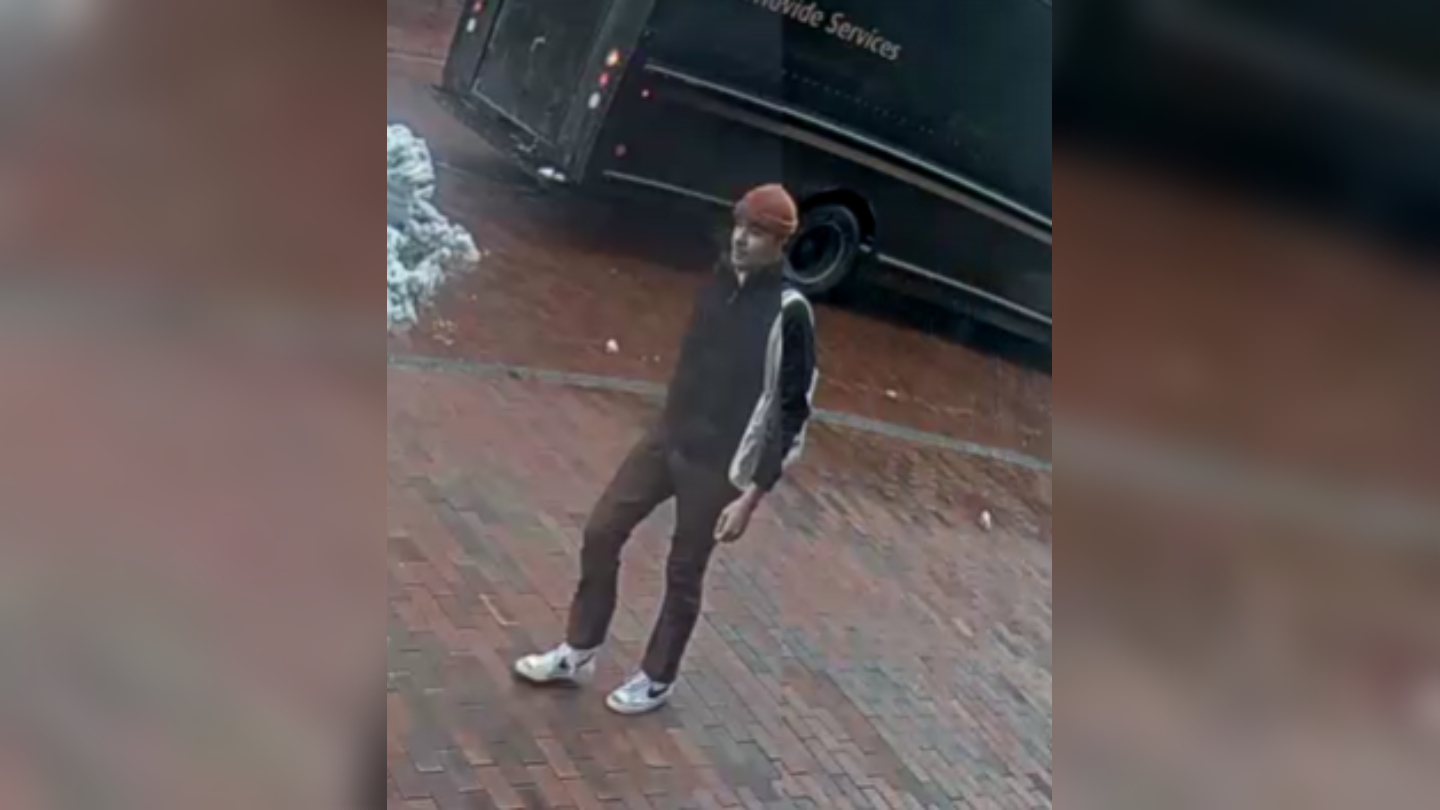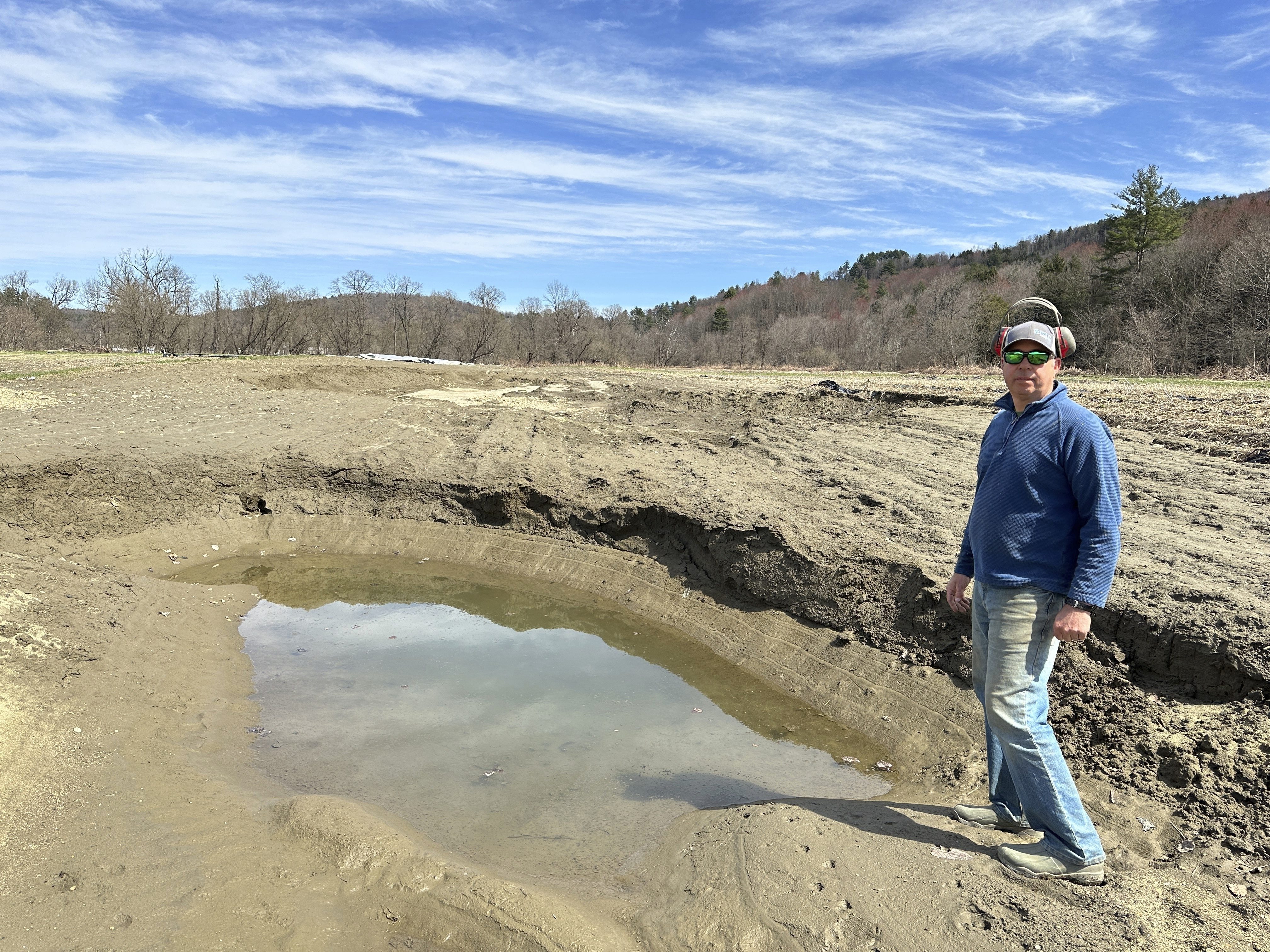The federal Drug Enforcement Administration is holding its ninth-annual National Prescription Drug Take-Back Day Saturday, September 27. Over the past four years, the DEA said it and its partners have collected and destroyed 4.1-million pounds of unneeded prescription pills, noting those otherwise could have fouled landfills and drinking water supplies, fallen into the hands of dealers, or been misused by young people.
"It's part of our responsibility to society," Laurey Burris said of proper disposal of unused medications.
Burris, who lives in the Burlington, Vermont area, lost her son, Zack, to a heroin overdose last year. He was 25 years old, and abused prescription opiate pills such as OxyContin before he began using heroin, which is chemically similar. "It's hard," she told New England Cable News. "I really miss him."
Local police agencies in Vermont have said for years now that medications, particularly strong painkillers, are frequent targets of burglars. Health officials have also long warned of the dangers of children and teens experimenting with medicines they find at home, or at friends' and neighbors' homes.
Youthful experimentation with someone else’s prescriptions can contribute to serious problems, including addiction, doctors have warned. For more on that, watch this previous NECN report.
Burris's friend, Kristin Lundy, also lost her son, Josh, to a heroin overdose, at age 23. "It's sad the amount of parents who have to say goodbye to their children," Lundy said.
Lundy and Burris said Josh and Zack separately experimented with prescription painkillers. Both got hooked, their moms said, then replaced those expensive and hard-to-find pills with heroin. It gave them a similar euphoria at a cheaper street price. "I vividly remember him saying to me, "Mom, I never thought it would turn out like this,'" Burris told NECN.
Vermont
The latest news from around the state
Now, the mothers said they want to encourage others to properly dispose of their unused pills through the DEA's National Prescription Drug Take-Back Day, or through other means. "If someone takes them out of your medication cabinet, someday down the road, it could end up in the hands of your neighbor's child," Lundy said of prescriptions stored where others may be able to access them.
According to U.S. Attorney General Eric Holder, prescription drug abuse is an urgent threat to the nation. The Justice Department has cited a 2013 survey that showed 6.5-million Americans ages 12 and up are current nonmedical users of prescription drugs. More than half of 2011’s 41,300 overdose deaths involved prescription drugs, the Justice Department has said.
This Saturday will be the last of the DEA's take-back days, the administration recently announced. Instead of focusing on single collection days here and there, the DEA is moving to a model where Americans will be able to drop off unused prescription meds year-round. Already, year-round drop-offs are available at a growing list of police agencies, including the Colchester, Vermont Police Department, which collects unneeded medications 24/7.
More authorized drop-off facilities will be coming online in the next several weeks and months, the DEA has said, including pharmacies, hospitals, clinics, and long-term care facilities. "And most importantly, patients or their family members can mail their prescription-controlled substances to an authorized collector using pre-paid mail-back packages that can be obtained right from their pharmacy, or from other locations like libraries and community centers," Holder said in this message about expanded DEA efforts to fight prescription drug abuse.
To locate a drop-off center near you for this Saturday’s take-back day, visit the website of the DEA's office of diversion control. Local police agencies may also be able to provide you with other information about secure and anonymous drop-off locations.
Laurey Burris and Kristin Lundy said they hope the attention the state of Vermont is paying to opiates means addicts today are more comfortable asking for help. As one legacy of Zack and Josh, their moms said they hope families everywhere remember that reducing pill abuse can start at Americans' own medicine chests. "And try to help prevent it happening to other people's children," Lundy said.



